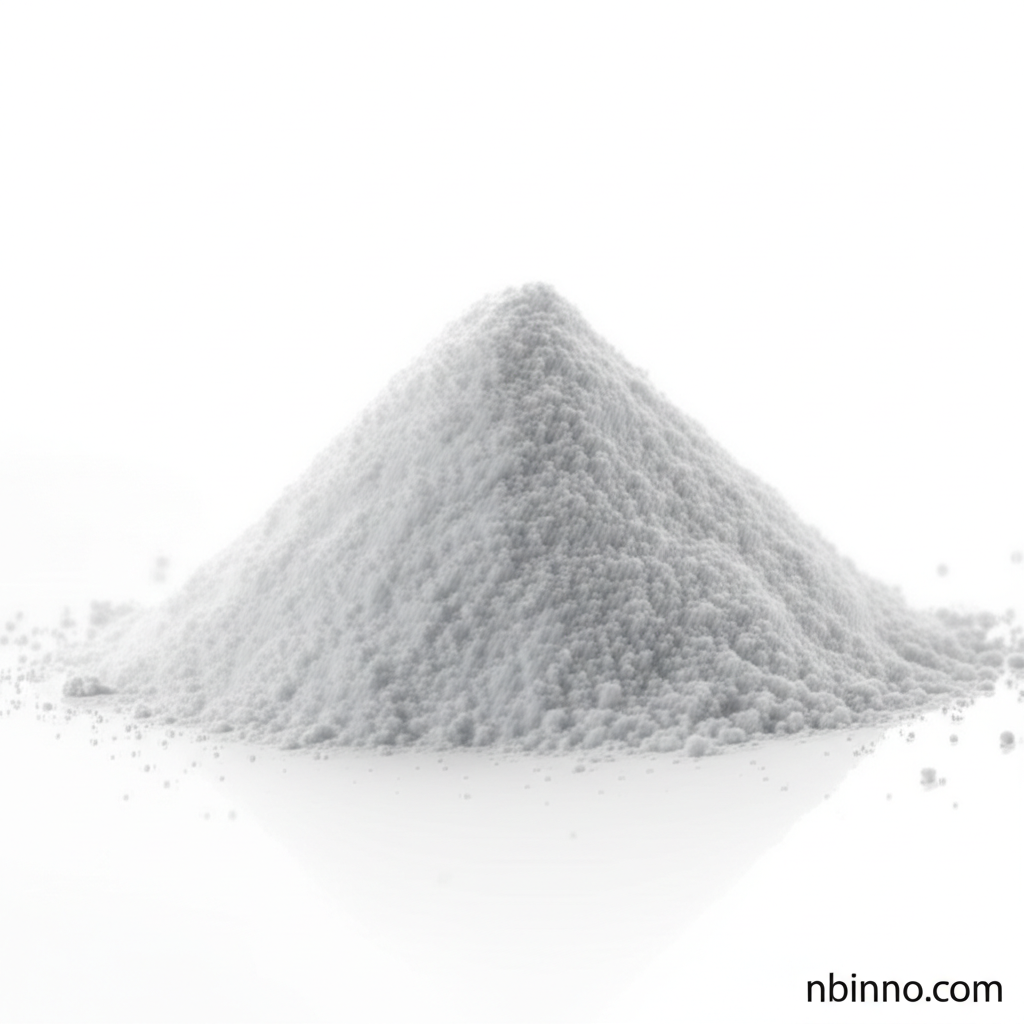Dopamine Hydrochloride: A Comprehensive Guide
Explore the critical role of dopamine hydrochloride in modern medicine and its impact on cardiovascular health.
Get a Quote & SampleProduct Core Value

Dopamine Hydrochloride
Dopamine hydrochloride is a vital pharmaceutical chemical with diverse therapeutic applications, primarily recognized for its efficacy in managing cardiovascular conditions and hemodynamic instability. Its ability to act as both a vasopressor and an inotropic agent makes it indispensable in critical care settings.
- Understand the dopamine hydrochloride mechanism of action to appreciate its complex interactions with specific dopaminergic and adrenergic receptors, enabling precise therapeutic interventions.
- Discover how dopamine hydrochloride is used in treating hypotension, providing crucial support for patients experiencing critically low blood pressure.
- Learn about the various dopamine hydrochloride administration methods and how they are tailored to patient needs and clinical situations.
- Explore the range of dopamine hydrochloride side effects and contraindications, ensuring safe and effective clinical use.
Key Advantages
Cardiovascular Support
Dopamine hydrochloride significantly enhances myocardial contractility and cardiac output, making it a cornerstone in managing conditions like shock and heart failure, directly impacting cardiac output improvement dopamine plays a role in.
Hemodynamic Stabilization
Its dual action as a vasopressor and inotropic agent allows for effective hemodynamic stabilization, crucial in treating complex conditions such as septic shock, where septic shock treatment dopamine is a key component.
Dose-Dependent Efficacy
The ability to modulate its effects through precise dopamine hydrochloride dosage adjustments allows clinicians to target specific physiological responses, from vasodilation to vasoconstriction.
Key Applications
Low Blood Pressure Management
Dopamine hydrochloride is a primary treatment for hypotension, helping to restore and maintain adequate blood pressure, a critical aspect of dopamine hydrochloride medical uses.
Shock Treatment
It plays a pivotal role in various shock syndromes, including cardiogenic, septic, and hypovolemic shock, by improving cardiac performance and peripheral perfusion.
Renal Function Support
At low doses, dopamine hydrochloride can enhance renal blood flow and promote diuresis, contributing to kidney function support in compromised patients.
Cardiac Arrest Management
In emergency situations like cardiac arrest, dopamine hydrochloride can be used to support cardiac function when epinephrine is unavailable or insufficient.
